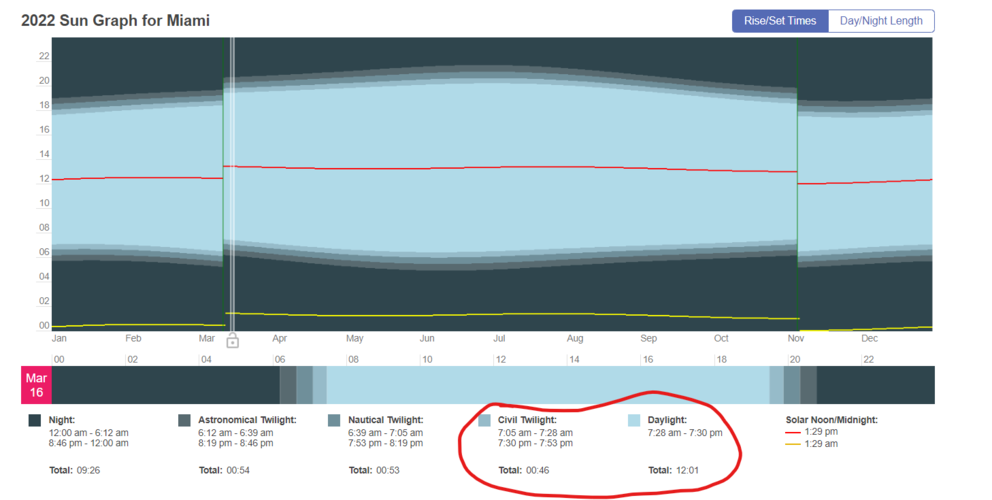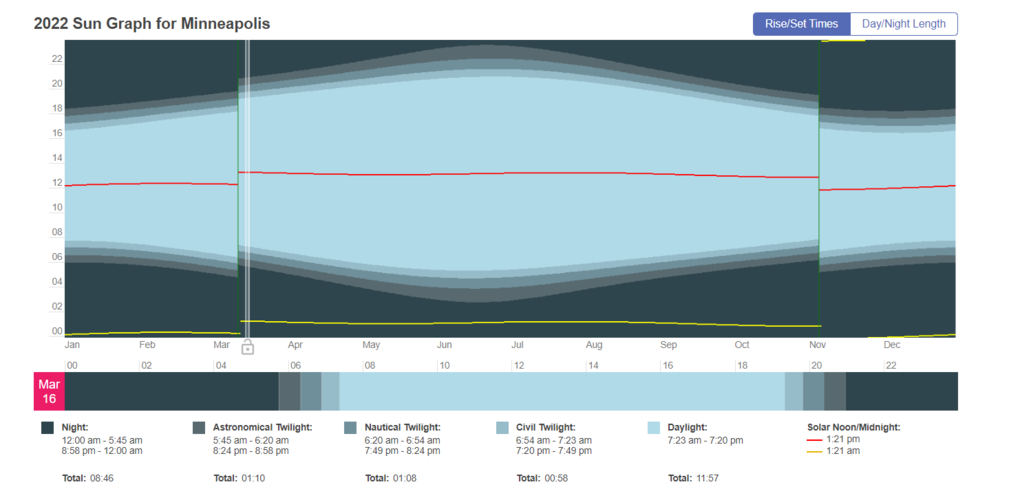- Joined
- Jul 18, 1998
- Messages
- 25,900
- Reaction score
- 56,741
Offline
Within days, 48 states and the District of Columbia will reset their clocks and fall back into standard time. From a health standpoint, most sleep and circadian experts say we should stay there.
Experts say early-morning sunlight is key to maintaining our circadian rhythms, sleep-wake cycles and overall health.
Phyllis Zee, a neurologist and chief of sleep medicine at Northwestern University Feinberg School of Medicine, said without that sunlight, we can slip into circadian misalignment — “when your internal body clocks fall out of sync with that of the sun clock and your social clocks.”
The concern with adopting a permanent change to daylight saving time, which the Senate has voted to do, is that it may chronically throw our bodies out of sync with the sun and lead to a variety of health problems, sleep experts say.
“We would be misaligned all year long,” said Beth Malow, professor of neurology and pediatrics and the director of Vanderbilt University’s sleep division…….
Experts say early-morning sunlight is key to maintaining our circadian rhythms, sleep-wake cycles and overall health.
Phyllis Zee, a neurologist and chief of sleep medicine at Northwestern University Feinberg School of Medicine, said without that sunlight, we can slip into circadian misalignment — “when your internal body clocks fall out of sync with that of the sun clock and your social clocks.”
The concern with adopting a permanent change to daylight saving time, which the Senate has voted to do, is that it may chronically throw our bodies out of sync with the sun and lead to a variety of health problems, sleep experts say.
“We would be misaligned all year long,” said Beth Malow, professor of neurology and pediatrics and the director of Vanderbilt University’s sleep division…….


